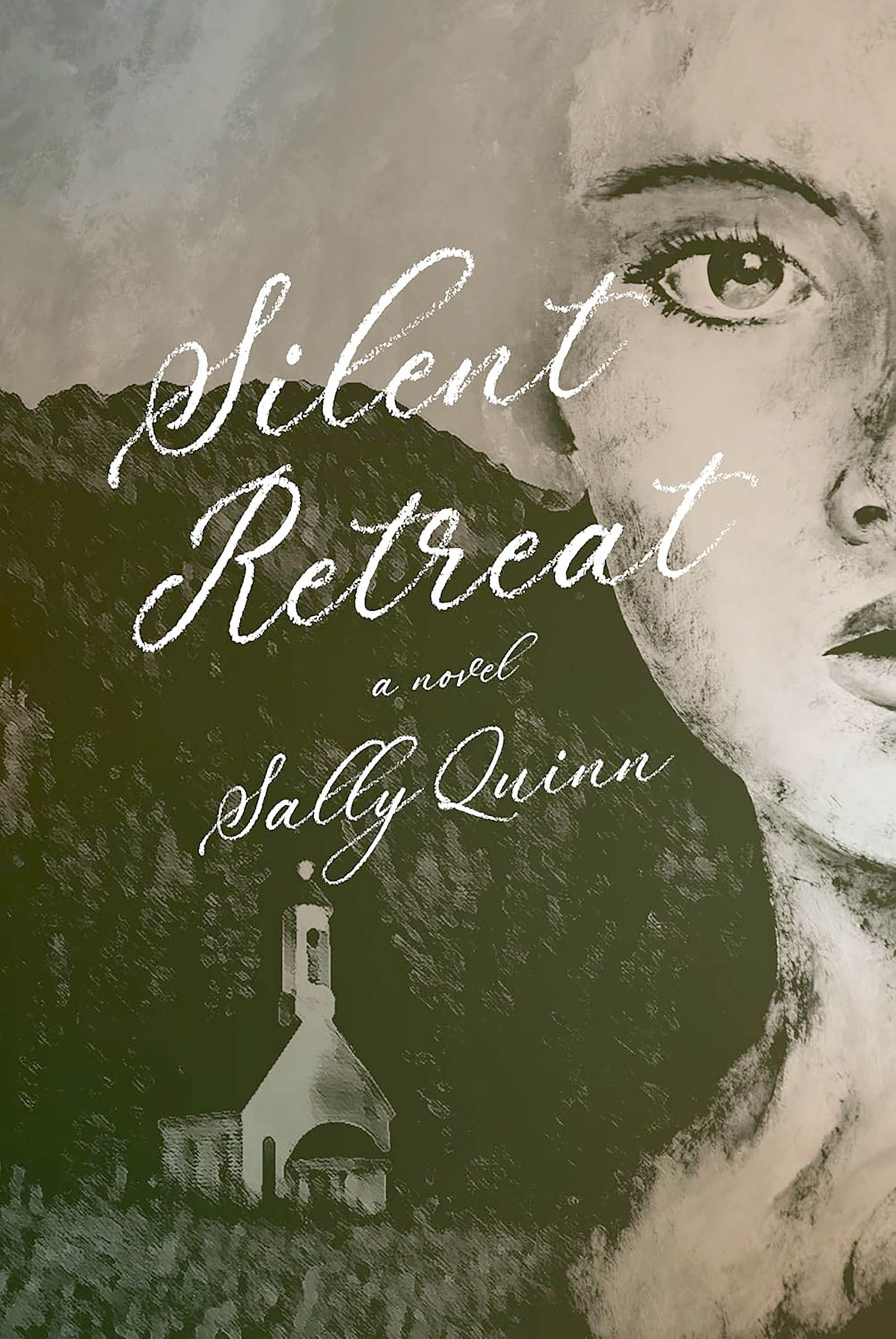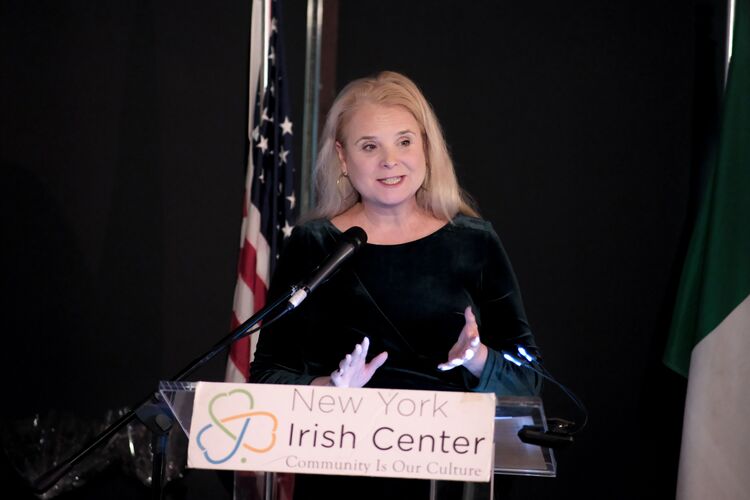I have long been aware of Sally Quinn. And that’s not just because she was married to the legendary Washington Post editor Ben Bradlee. Quinn has charted her own course at the Post down the years and also in the realm of book authorship.
They say things happen in threes. Sure. But sometimes things confine themselves to two. A recent book that I was reading was an excellent background briefing on Iran, lately in the news again big time for less than joyful reasons.
“King of Kings,” by Scott Anderson recalls the sorry tale of U.S. involvement in Iran in the last century and how Washington badly misread the signs in the run up to the fall of the Shah in 1979. Anderson has been featured in the Echo for his 2021 tale of early Cold War CIA spies, “The Quiet Americans.”
That was a great read and so too is “King of Kings” (Doubleday). It’s a cautionary tale and one with a U.S. Ambassador named Sullivan in the middle of it all during the Carter administration years.
Also on one of the pages is Sally Quinn. Quinn’s input was incorporated by Anderson in his detailing of an over the top celebration of 2,500 years of Persian history organized by the Shah and his wife Farah. The festival, held in 1971 in the ancient city of Persepolis, would be described by the Guinness Book of world Records as the most extravagant party in world history.
Sally Quinn would employ a different description and as relayed by Anderson: “Taking in the early preparations, a snarky Sally Quinn of the Washington Post was especially repulsed by the handiwork of a British company hired to affix lighting displays to the capitals lampposts.
‘For a mere $864,000,’ she wrote, ‘they have buried Teheran in a layer of gold and silver plastic Persian-flavored kitsch.’” Given what Teheran has been experiencing in recent days mere kitsch would hardly be an issue.
But as for Sally Quinn, well, she has been around the block in a writing career spanning something less than Persian history, but a meaningful portion of contemporary America’s.
Savannah, GA-born Quinn was a Washington Post columnist before moving into a particular realm of interest: religion. From this new perspective she would contribute to the Post’s OnFaith blog along with her good friend, the historian Jon Meacham. If you log on to the Post website and enter Quinn’s name you will see a total of 3,870 items linked to her name.
There is an AI generated short bio that states: “Sally Quinn is a former Washington Post writer and noted Georgetown social doyenne. She was married to former Washington Post executive editor Ben Bradlee until his death in 2014.
Quinn has written a memoir called ‘Finding Magic: A Spiritual Memoir and has been involved in various public events, including a book talk with Stormy Daniels at Politics and Prose.
She has also sold her home, Grey Gardens, in the Hamptons, which she and her husband had purchased and renovated in 1979. Quinn has been open about her grief and her search for spirituality after her husband's death.”
You would think that AI could be a little more extravagant, but there you go. Quinn has remained busy as an author and her latest novel, “Silent Retreat,” has more than a small dose of Irish in it.
Sally Quinn.
Here I will borrow from the summary of the book on Amazon: “When prize-winning reporter Sybilla Sumner checks into a monastery for a silent retreat, romance is the last thing on her mind.
She plans to spend five meditative days surrounded by the beauty of the Shenandoah Valley—and apart from her famous husband and their crumbling marriage.
“James Fitzmaurice-Kelly isn’t looking for romance either. He’s the Archbishop of Dublin, and has maintained a vow of celibacy for decades—even as he’s publicly questioned the church’s teachings. But as Sybilla and Fitz continue silently crossing paths, an undeniable charge builds between them, one that could see them abandoning their vows.
“In this sophisticated, sexy, and soulful love story, novelist Sally Quinn explores the boundary between flesh and spirit, restraint and ecstasy, and asks what we’re willing to sacrifice in the name of passion.”
What indeed? Suffice it to say Sybilla and Archbishop, yes, JFK, become entangled amid the cloisters and the canonical hours.
But there’s more to the tale than a tryst. “Silent Retreat” is a work of prose, but is also a polemic, by way of the book’s characters, that touches on an array of issues faced by people of faith and the institution of the Catholic Church in particular.
Not the least of these issues are the abuse of children and priestly celibacy. Quinn writes with pace, her style taut, punchy and betimes racy. Nothing snarky here.
There’s nary a wasted word in the book’s 204 pages, a total that is augmented by a dozen pages of acknowledgments that explain much of the writer’s inspirations and intentions, while naming those who are close, important, and vital in her life. “Silent Retreat” is mainly played out in Virginia, but there are parts of the tale set in Glendalough, County Wicklow and an island in Greece.
The author, page by page, is revealing favorite places, spiritual places. This is a book you can take to the beach, the lake, the hills, to your favorite chair, to bed. And yes, even to a retreat; silent or otherwise. Editor's Note.
The use of "Teheran" to denote the Iranian capital was the dominant form in English up until the Islamic Revolution.
“Silent Retreat” is published by SUBPLOT, an imprint of the Amplify Publishing Group, and is a hardcover available from all good bookstores. It can also be found on Amazon and the Barnes & Noble website and is additionally available as an audiobook.









